Learn About the LGBTQ+ Community’s Current Status, Setbacks, and Breakthroughs in the Legal Profession.
According to a report written by the National Association for Law Placement and released by Berkeley Law School, the percentage of LGBTQ+ lawyers reported in 2020 increased one-third of a percentage point, rising to 3.31%. Over time, the numbers have grown to 3 times the number reported in 2002. The percentages are based on a study conducted with 837 firms for the year specified. Take a look at the current statistics:
Regardless of the practice area, size, or other factors; firms today operate in a globalized world with diverse communities of clients and staff that include a wide array of races, ethnicities, disabilities, identities, and genders. In addition, law is the only profession in the world with a sworn duty to defend the law, and this dedication extends beyond the courtroom.
For this particular community, it must be said that there are still many challenges, as well as opportunities, that LGBTQ+ (lesbian, gay, bisexual, transgender, and queer) individuals face these days. For example, Toni Lambert, a former associate at Orrick, identifies as a Black queer woman. She sat down with Bloomberg Law and said, “I think that people are less likely to engage when they’re uncomfortable, and oftentimes they’re uncomfortable not because they’re actively homophobic but because they’re uneducated in the issues.”
As a result of this lack of understanding, the compounding effects of discrimination against the LGBTQ+ are often evident in areas such as the workplace, where gaps in economic, physical, and mental advancement for those in this community are seen. For example, 33 percent of Black LGBTQ+ individuals reported experiencing discrimination in 2019.
In addition to Bloomberg Law, other legal associations note the progress that has been made towards inclusion in the field of law as well as the many barriers that still exist today. Let’s take a look at the recent LGBTQ+ experience in the legal space.
Advancements with the LGBTQ+ Bar Association
The National LGBTQ+ Bar Foundation is a 501(c)3 nonprofit organization of lawyers, judges, legal professionals, activists, and affiliated lesbian, gay, bisexual, and transgender legal organizations. They aim to promote justice in and through the legal system and profession and have been instrumental in passing critical resolutions in the American Bar Association’s House of Delegates.
All resolutions are based on the principle of equality under the law. Specifically, the LGBTQ+ Bar Association played a key role in ABA’s Resolution 113A and Resolution 108D.
1. American Bar Association House of Delegates Resolution 113A
- In layman’s terms, it states that the discovery of a person’s sex or gender identity, such as “gay panic” or “trans panic,” is not to blame for the violent reaction of the individual.
2. American Bar Association House of Delegates Resolution 108D
- In layman’s terms, it states that it’s prohibited to discriminate against jurors on the basis of sexual orientation or gender identity and expression.
Besides promoting justice throughout the legal profession, the LGBTQ+ Bar Association also believes in inclusion in law for 2 other reasons:
- A culture of openness increases employee satisfaction, productivity, and retention.
- A workplace that fosters diversity is better able to serve the needs of its clients and staff.
The Pressing Issues of the LGBTQ+ Community in the Legal Profession
The Law Society of England and Wales, a professional association, conducted a survey in which 617 LGBT+ legal professionals and allies were asked a series of questions. Although the numbers reflect the views of only a portion of this community, primarily gay men, lesbians, and bisexuals, the following were found:
- The top 3 pressing issues this community faces in private practice, in-house, and national/local governments bodies of law:
In business, positive role models inspire and motivate people. However, the lack of mentors is one of 3 pressing issues noted by the LGBTQ+ legal community. The others are ‘coming out to clients’ and ‘microaggressions,’ which can include indirect and subtle insults.
- Over one-third (37%) of respondents said they have experienced homophobia in their workplace.
- The most common reason for not reporting an incident was because they felt it was not severe enough to report.
- However, this is the percentage of LGBTQ+ members who indicated the following as a positive versus negative experiences in their practice area:
These statistics are informative, and invite taking a closer look at the role of law in relation to this community.
The Role of Allies and Firms According to Law Associations
In addition to the previous findings, the Law Society also asked the respondents, “What are the three most important things the LGBTQ+ allies can do in the workplace?” Responders indicated the following::
To support and, equally important, protect your firm’s diverse clientele and staff, the following are some steps you can take:
- Make it clear how staff can make a complaint if discrimination happens.
- Have up-to-date equality policies and make sure your staff is informed about them.
- Introduce formal anti-discrimination training to staff, especially those with managerial and leadership positions.
- Publish topics related to the LGBTQ+ constituencies and rights according to the law.
- Include discussions of your firm’s dedication to supporting diversity efforts.
Takeaway
As noted previously, it bears repeating that firms today operate in a globalized world with diverse communities that include clients and staff of a wide array of races, ethnicities, disabilities, identities, and genders.
Considering this and the fact that the legal landscape is constantly evolving, it’s best to fortify your firm’s image and name with the help of public relations management. If you’d like to strengthen and unify your firm’s image across all channels, we can help you achieve that.
The post The LGBTQ+ Experience in the Legal Profession appeared first on Consultwebs.
from Consultwebs https://www.consultwebs.com/blog/lgbtq-lawyer
via https://www.consultwebs.com

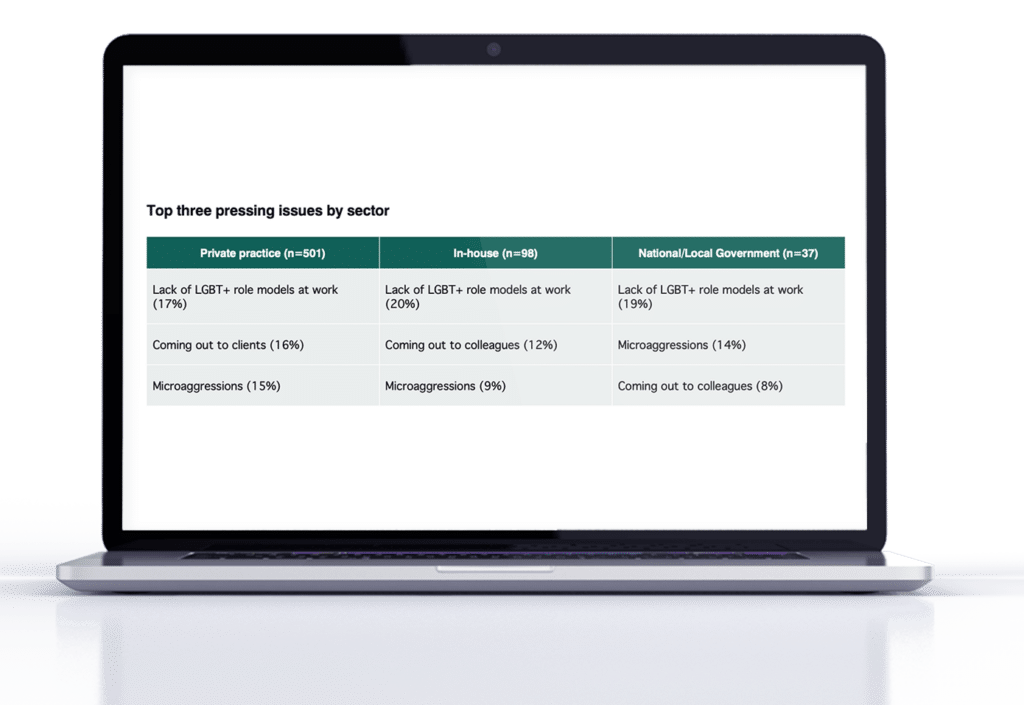
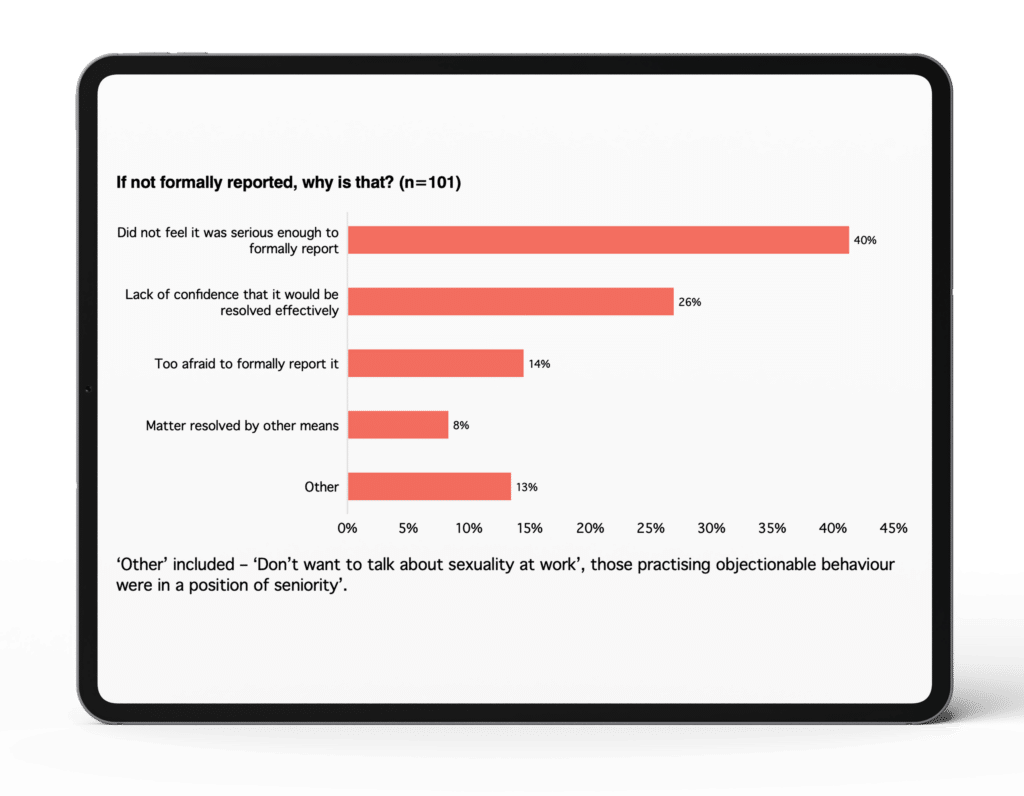
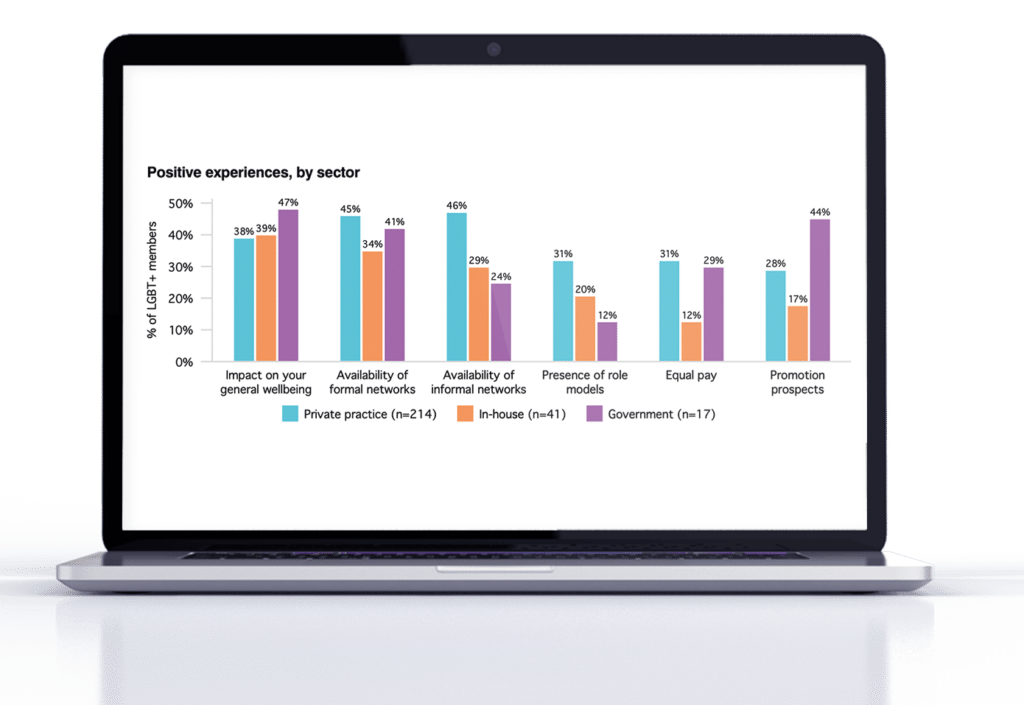
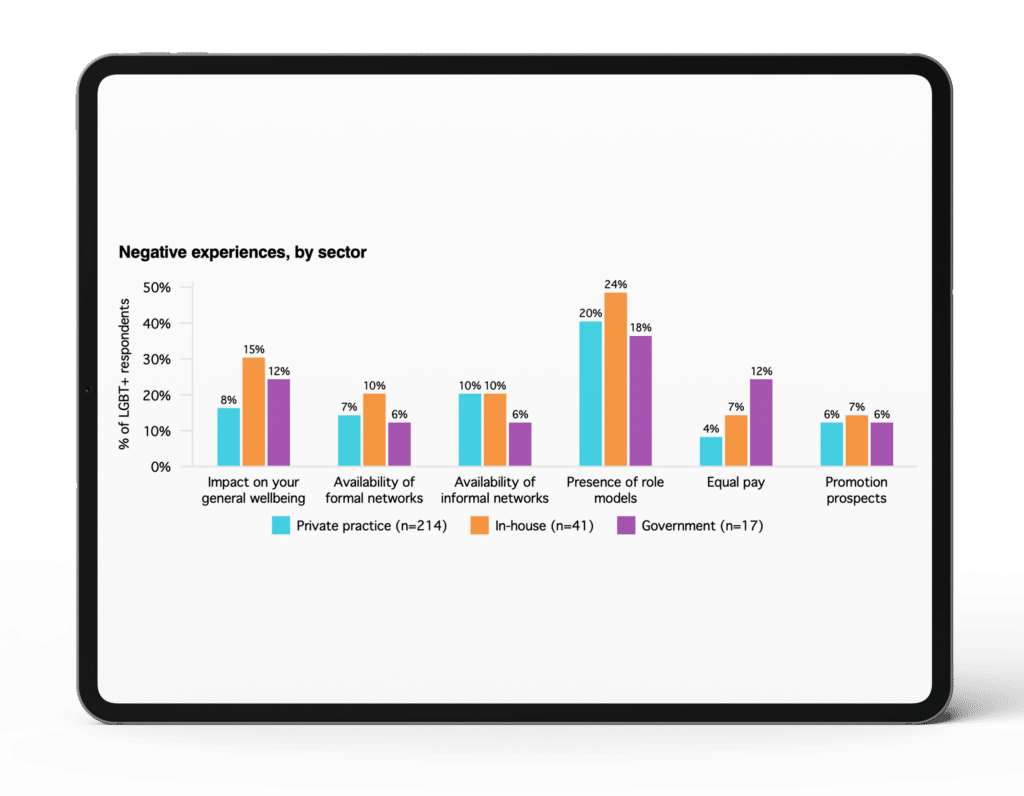
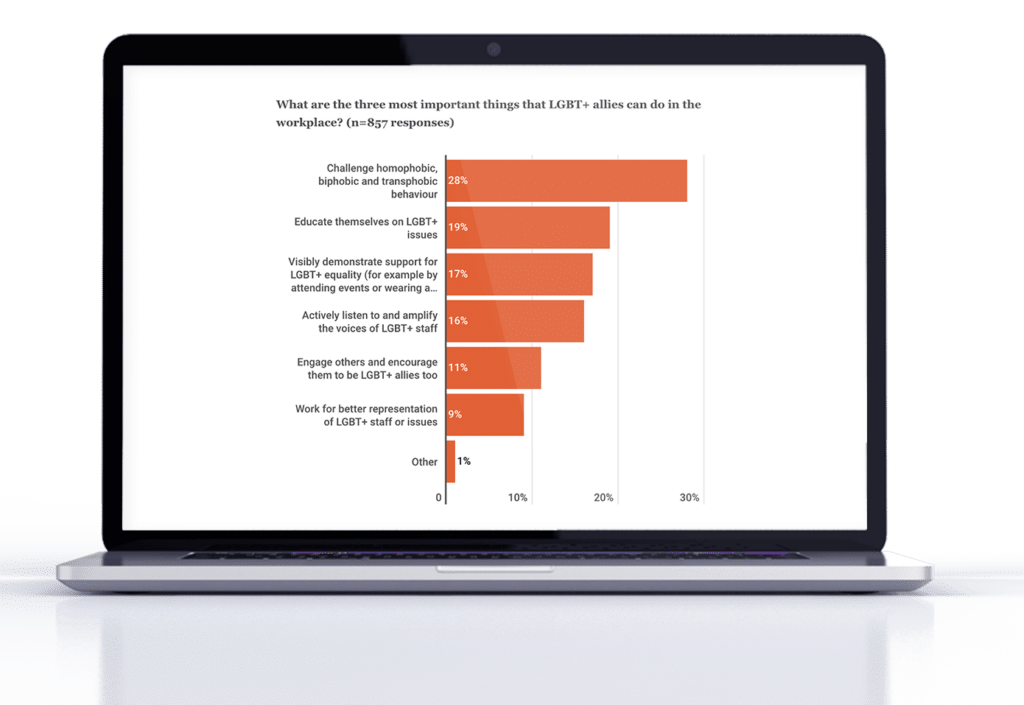
No comments:
Post a Comment